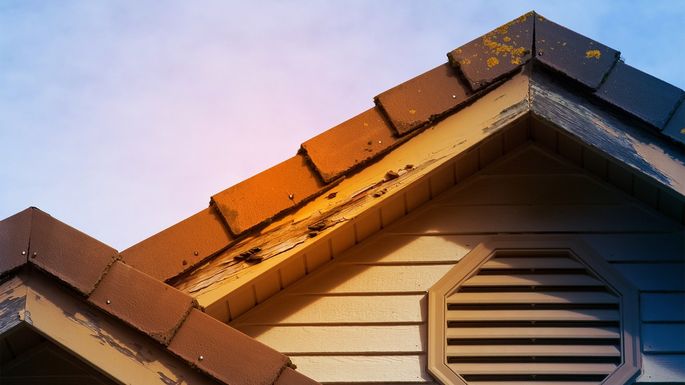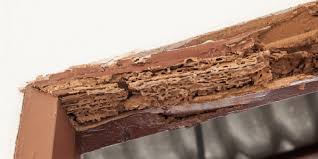Home Inspector Iowa | Home Inspection 563-517-7815
Termites are one of the worst pests that can infiltrate your home as they can cause extensive damage to your home before you realize it. Did you know that termites are responsible for causing more than $50 billion dollars in property damage in 49 of the 50 states in America annually?
It is best to have a termite inspection done in your home as it will save you a lot of time, money and headaches later on as termites damage the very foundation of your home which also depreciates its value, leaving very little evidence of their presence until the damage is done.
These tiny and subtle signs are usually missed by the untrained eye, therefore, it is more ideal to hire a termite inspector to recognize the warning signs of termites in your home before the infestation gets out of control.

What happens during a termite inspection?
A professional termite inspector is trained to identify the potential sites of termite activity in your home such as the points of entry and termite damage to your home’s structure. The inspection time may vary according to the size of your home but generally your termite inspector will take about 2 hours in total.
- Thorough Exterior Inspection
Your termite inspector will inspect the exterior of your home, checking your garden, fence line, garages and sheds to ascertain whether any external risk factors are responsible for putting pressure on your home. The inspector will be searching for signs of termite activity in your garden’s timbers, tree stumps amongst other things as well as searching for termite nests and mud tubes. Our termite inspector will also pop his/her head over your fence to determine whether the termite activity is originating from beyond your fence or not.
2.Thorough House Perimeter Inspection
After inspecting your garden, the termite inspector will inspect the perimeter of your home, focusing particularly on the footings and the edge of the slab as well as inspecting the sub-floor below for any moisture or leaks that are bound to attract termites. Debris, mud leads and loose timbers that are in direct contact with the soil are also inspected very carefully.

3. Thorough Interior Inspection
The inspector will enter your home with a dongle to tap the walls to determine if the walls are hollow or not, listening for a rustling sound which is emitted by old, dry termite working that crumbles at a tap and also creates a panic response by the termites in the walls. This panic response consists of termites knocking their bodies against the timber whenever they sense a threat to warn the rest of their colony. Tapping the dongle elicits such a response which our inspector will be listening for.
4. Check for Wood or Structural Damage and Moisture Content
Termite inspectors use a moisture gauge to check the moisture levels of the walls or wooden brackets around your windows or doors as a higher than normal level of moisture is a sign of termites being present. They also check for any tunnels that have been bored into the grain of house timber.
The inspector will provide a detailed report with pictures to you in 24 hours or less after the inspection has been completed.
Home Inspector Iowa | Home Inspection 563-517-7815